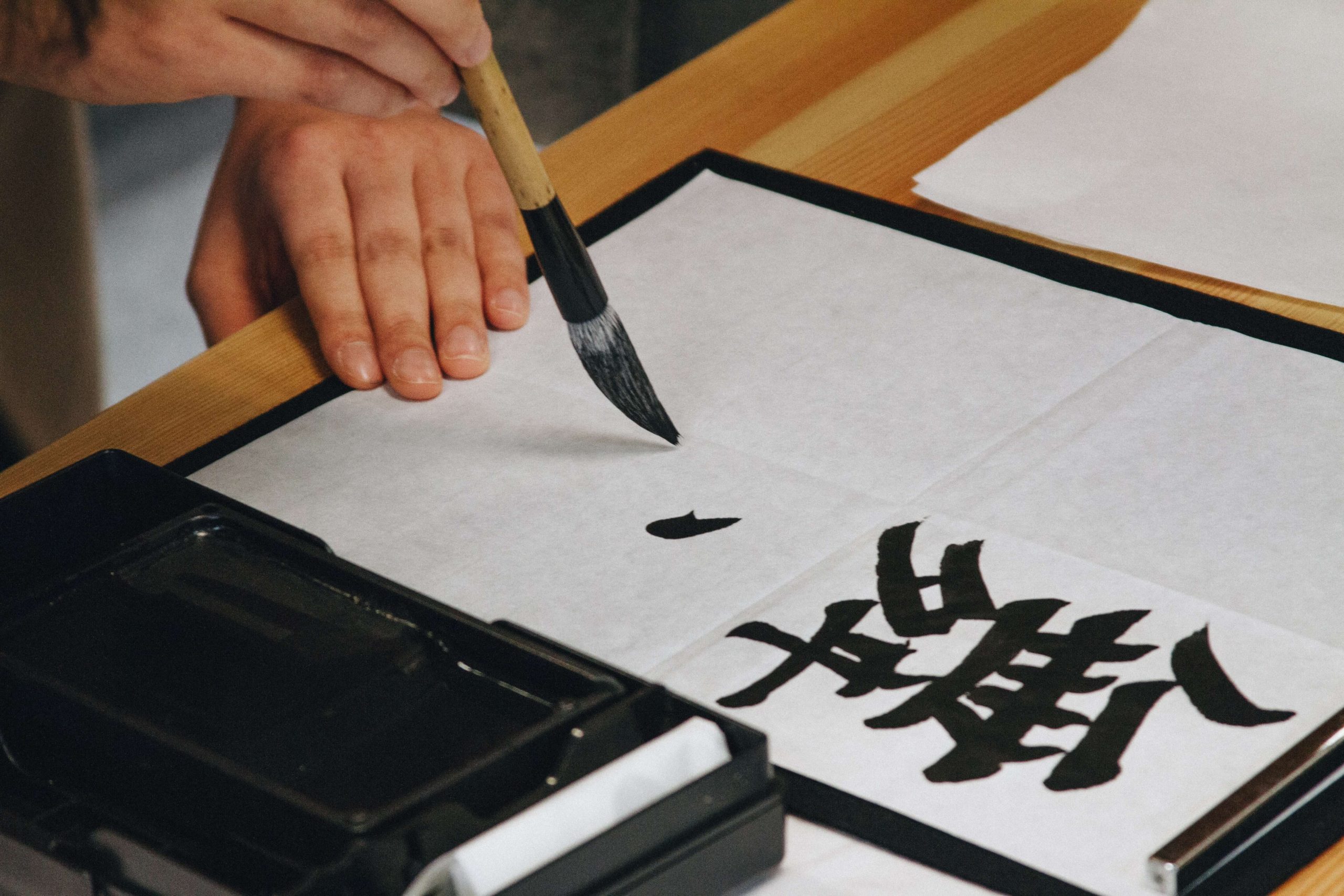I’ve learnt three languages over the last decade. In degrees of fluency: Japanese, German, Latin. As I’m now embarking on a new language learning project (Italian), I’m going to quick-fire share some language learning tips and tricks here.
There’s some conventional advice here, but a lot of this advice has been hard-won in the trenches of learning. You won’t find many of these language learning tips anywhere else.
Align your studies with your motivations.
80+% of my Japanese studying was devoted to learning kanji. That was stupid. Yes, you need to learn the writing system of a language in order to be considered literate. But I could already read and write “good enough” in Japanese. My aim in learning Japanese wasn’t to read books – it was to converse with the locals.

I immediately replaced that 80% of study to dedicated pronunciation practice, scheduled language lessons, and language exchanges. I also spent a crazy amount of time shadowing and recording my voice speaking Japanese until one day I woke up and I could speak the language!
Ask yourself:
- Why do you want to learn the language?
Then, instead of just copying someone’s language learning schedule from the internet, devise your own tailor-made schedule suited to getting you to your personal language learning goal as quickly as possible.
Twin exercise and study time.
If you already have an exercise habit set up, take advantage of anchoring.
Anchoring is where you can create a new habit effortlessly by pairing it with a habit you’ve already established. If you know you get on the stationary bike for 30 minutes every day, or you go for a 3-mile run 3x a week, then that is time you have spare to throw your language learning habit into.

And if you don’t have an exercise routine already, work on that immediately. You’ll benefit from reduced ageing, improved blood flow, increase in memory, more stable mood, and about a billion other benefits. I shouldn’t have to sell it to you.
I pair my language learning with cardio. Something about the blood flow and oxygen and adrenaline makes it easier for me to remember things I learn during a run or bike session.
There are two language learning things I like to do during cardio:
- Spaced repetition. I use Anki as a flashcard system on my phone and drill vocabulary and grammar principles.
- Listen to and repeat audio. Podcasts in your desired language, Pimsleur, whatever you want.
Supplement with cognitive-enhancers.
I long ago decided I wouldn’t advocate stuff you need to dubiously ship in from India, regardless of how effective it is. Luckily there are plenty of fantastic cognitive-enhancers that are available to buy from your local health shop or Amazon.
My favourites (and the ones with the most promising studies) are:
I’m also a huge fan of Gorilla Mind, which has the first two included in a proprietary blend along with l-theanine, alpha GPC, and some stimulants.
Go monolingual as soon as possible.
Language learning programs that “teach” you a language through your mother tongue are great for getting a foundational foothold. And I have a few personal recommendations for great ones, like Babbel and LanguagePod101, which you can learn more about in this article.
But you need to ditch the materials aimed at language learners as soon as possible. “As soon as possible” means before you’re comfortable. You’ll never feel ready to take your training wheels off, but baptism of fire is the best, most effective and efficient way of learning.
So what does going monolingual mean?
Going monolingual means you use native materials and learn vocabulary and grammar in your target language.
How this looks like in practice:
- You’re reading a comic in Japanese and come across a word you don’t recognise.
- You look up the word in a Japanese-Japanese dictionary and read the Japanese definition of the word.
- If there are words in the Japanese dictionary definition that you don’t understand, you look them up too.
Three things happen when you do this:
- You go down a long rabbit hole, branching off and learning about 30 different words just so you can finally understand one without using English.
- You get a headache.
- You start thinking in your target language and suddenly things click.
You know you’re learning a language in the correct way if there are tons of words you can’t translate back into English. You’ve learnt words in your target language, not through translation, so it will become easier to simply think and speak in your target language without a translation delay.
Going monolingual means choosing native language learning materials that you enjoy. Pick books and shows that are aimed at natives of the language, not language learners. You’ll learn more natural ways of using the language. You’ll also have more fun. There are a bunch of great textbooks out there, but even the best ones don’t come close to being as fun as getting sucked into an addictive crime drama and learning along with that.
Output, but output correctly.
Some language learning gurus advise outputting (e.g. speaking, writing, using the language) as soon as possible. Others recommend on holding off on that as simply inundating yourself with input (e.g. listening, reading, absorbing the language). I fall somewhere between the two camps.
If you output too early, you’ll cement incorrect language habits that are difficult to unlearn. This is how you have second language speakers who are fluent in a language but cannot pronounce a certain word correctly no matter how hard they try, or use a word in the wrong context long after they’ve realised the correct context.
I spent years as an English language teacher and the students who had the strongest frustrations were ones who had hit C1/C2 level (basically native fluency) but were struggling to correct weird mistakes they had picked up during their first year of learning.
I found a correlation between careful writing practice and correct speaking output.
Keep a diary in your target language, write stories, or write sentences every day (or as often as you can). If you can get natives to read and correct these, all the better.
But take your time with writing. Aim not to make any mistakes. That means you have a dictionary and you look up grammatical nuances before finalising your sentences. Aim to use new words you’ve encountered or new grammatical forms you want to cement and get more comfortable with.
Another thing I found that improved my speaking was dedicated pronunciation practice. If you do this correctly, it looks like hard work. But it pays off.
Here’s how correct pronunciation practice looks like:
- Find native material that you can shadow. Shadowing means you repeat what a native is saying and aiming to get your pronunciation and intonation like theirs. Meaning isn’t important, so don’t worry if you don’t understand anything (you will anyway from context after about 10+ exposures). Pick an episode of a TV show or a movie, but stick to one. You will then shadow every single day. It doesn’t have to be the whole thing, but aim for a good chunk of shadowing time like 20 minutes at least.
- Find specific pronunciation courses for your target language and continue shadowing for them. Create an Anki flashcard deck with the pronunciation nuances you need to ingrain.
- Record yourself. This is a difficult hurdle for many to overcome because few people like the sound of their own voice. But this is the most important step. You need to record yourself and then listen back to the recordings, putting them up agains the native recording. You’re aiming to get to a point where the native pronunciation and your pronunciation are the same. And the only way you do that is through consistent recording and rigorous analysis.
That’s how you learn a language.
Any questions?
If there’s interest, I’ll do a part two.